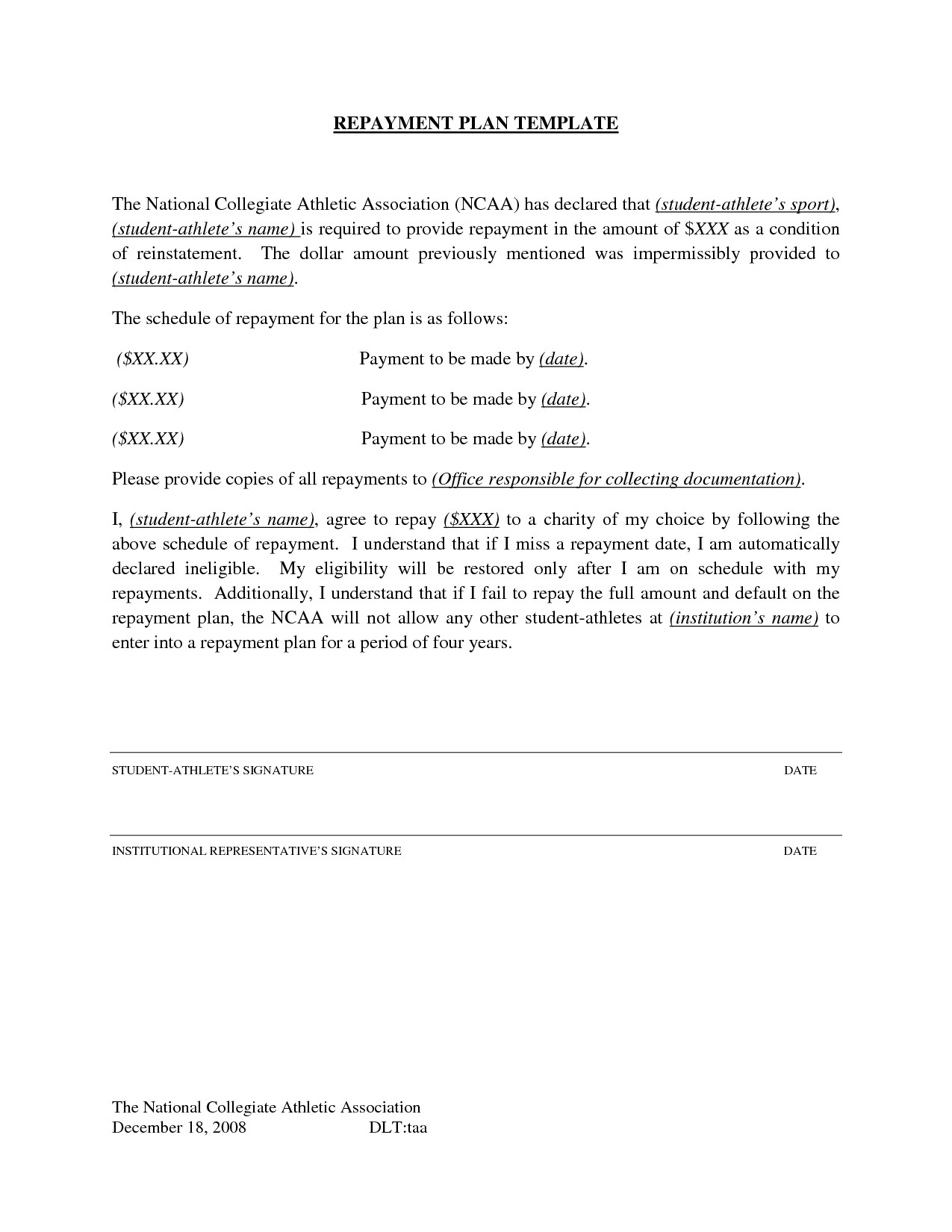Most concur that easy cash transfers might help within the shorter-term. However the longer-term results are uncertain due to a mix that is complex of.
Like a lot of Africa, Lesotho is cluttered with clues that the global globe cares about its plight.
Its sleepy money, Maseru, houses an alphabet soup of worldwide do-gooders – FAO, CARE, UNICEF, HELP, SOS – and also the roads that cut through its rural highlands are flanked by slouching signboards announcing a seemingly never-ending parade of aid tasks: wells and micro-lenders, brand brand new college structures and community clinics.
Yet, the tiny nation – that pebble-shaped dot submerged inside South Africa on some sort of map – stays perplexingly bad. Over fifty percent its populace lives underneath the nationwide poverty line of $1.08 a day, plus some 33 per cent of all of the kids underneath the chronilogical age of 5 are stunted by malnutrition.
Certainly for most when you look at the world that is humanitarian nations like Lesotho raise a concern that is both breathtakingly simple and easy almost impoible to resolve: how can you actually make poor individuals le bad?
Shake a stick any place in Africa, and you’re bound to bump into someone attempting to figure that out, whether it is an NGO doling out expecting goats to Ugandan villagers, a wheezing Mercedes vehicle holding sacks of USAID-sponsored grain into eastern Sierra Leone, or Madagascan government officials negotiating with Asian apparel manufacturers to create textile that is maive in their edges.
As Kamala Harris’ portfolio grows, therefore does the scrutiny
But on the previous decade, a far easier approach in addition has gained traction regarding the continent, pressed by an increasing audience of governments, NGOs, and scientists.
They argue that the way that is best to really make the bad le poor is to provide them the very thing they don’t have sufficient of.
That’s it. Cut a check and cut out then. No conditions, no rules,  no strings attached.
no strings attached.
In a few means, it is an idea that is old welfare re re payments in america, in the end, have now been opting for nearly a hundred years. In others, this indicates to travel when you look at the real face of just about any little bit of old-fashioned logic about worldwide help and charity. Won’t money make people reliant? and when the bad don’t need other people’ smarts and hand-holding, in the end, then what exactly are help workers doing here at all?
This really isn’t a panacea for poverty, nonetheless it may be a big contributor to reducing it, says Mookho Thaane-Ramasike, a social policy officer for UNICEF Lesotho, which offers tech support team for a federal federal federal government cash transfer system right right here that provides smaller amounts of cash to bad families with kiddies.
The theory that donors can give away money just while the life associated with the poor will quickly enhance can be an captivating one. This means a finish into the high priced, byzantine bureaucracy by which help can be channeled. Giving out money requires oversight that is far le and as a consequence far fewer resources – than just about any other type of aistance, especially if done with no strings attached.
And then why bother if cash grants aren’t the only solution to poverty, they at least provide a useful baseline – if you can’t show your project works better than just giving away the cash equivalent of its cost?
It ensures that big, complicated tips are not needed seriously to enhance the everyday lives of this world’s many susceptible people.
This places the selection in the possession of associated with bad, rather than me personally, stated Michael Faye, one of several co-founders associated with the charity GiveDirectly, which distributes cash that is unconditional the indegent in East Africa, in a job interview because of the New York days. Therefore the facts are, I don’t think I have actually an excellent feeling of just just just what the bad need.
One of the Silicon Valley set, GiveDirectly has achieved a status that is almost mythical. Bing offered the charity $2.4 million in 2012, and this past year Facebook’s co-founder, Dustin Moskovitz, along with his spouse, Cari Tuna, announced they might donate $25 million from their individual fortune, composing that governments and donors invest tens of huge amounts of bucks per year on reducing poverty, nevertheless the folks who are designed to take advantage of the cash seldom get a state in just how it is spent.
